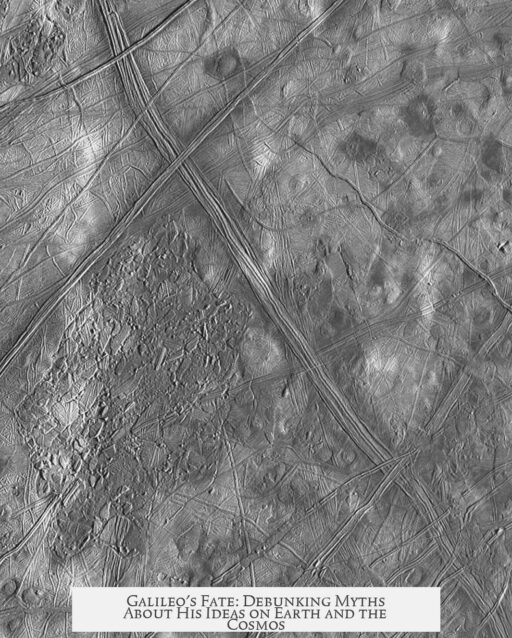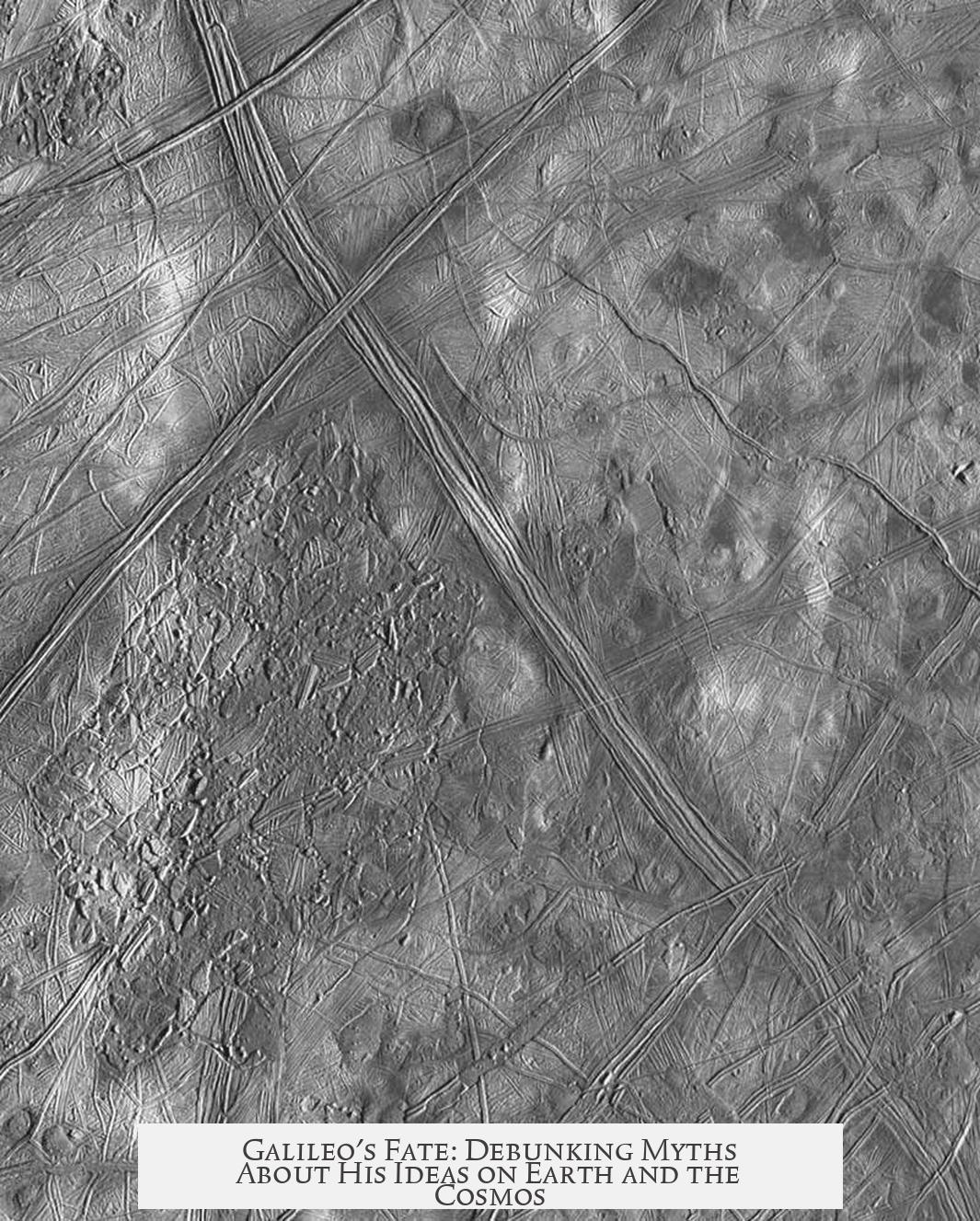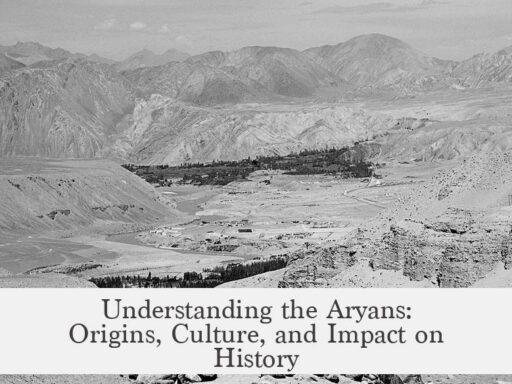Galileo was not killed for saying the Earth is round; he died of natural causes under house arrest nine years after his trial. The claim that he was executed over Earth’s shape is false. The roundness of the Earth was already accepted long before Galileo’s time, including by the Church. His arrest related instead to his support for heliocentrism—the idea that the Earth orbits the Sun.
During the Middle Ages and earlier, scholars and clergy widely agreed that the Earth was spherical. This fact was well established by the time Galileo lived in the early 17th century. Even sermons referenced Earth as round, and education accepted this without controversy. The notion that people believed the Earth was flat in Galileo’s era is a modern misconception.
The reason Galileo faced trial was his promotion of the Copernican heliocentric system. This model challenged the long-held geocentric view that placed Earth at the universe’s center. Galileo also antagonized Church authorities by asserting his arguments boldly and lacked conclusive empirical proof at the time. These factors led to his prosecution, not his view on Earth’s shape.
After his 1633 trial, Galileo was sentenced to house arrest rather than death. He lived confined but unharmed for nearly a decade, passing away at age 77. This punishment reflects the Church’s attempt to limit heliocentric ideas rather than a condemnation over the spherical Earth idea.
To clarify:
- Galileo was never executed or killed; he died naturally under house arrest.
- Earth’s roundness was an accepted fact centuries before Galileo.
- Galileo’s trial centered on heliocentrism, not the Earth’s shape.
- His confrontational style and incomplete proof contributed to his sentencing.
This distinction highlights how historical myths can confuse actual events. Understanding the real reasons behind Galileo’s trial helps improve our grasp of scientific history and Church relations in early modern Europe.
How true is it that Galileo was killed for saying the Earth is round? Seems ridiculous
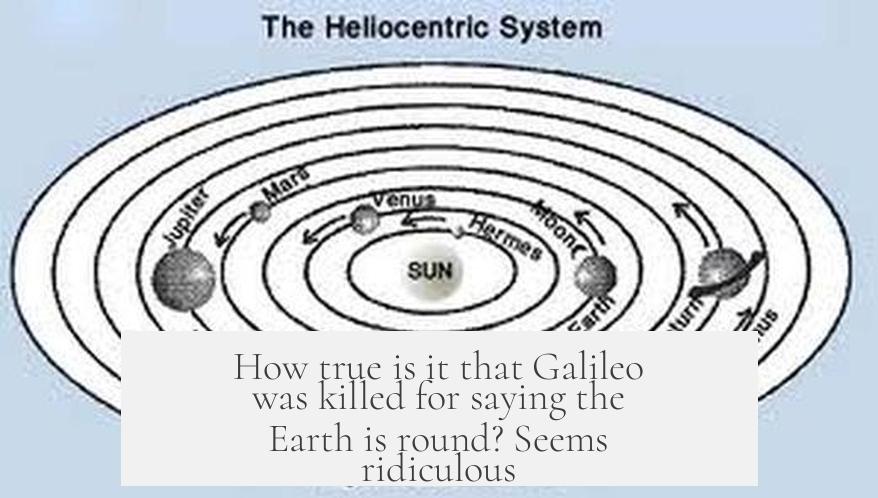
Let’s get straight to the point: Galileo was NOT killed for saying the Earth is round. In fact, he wasn’t killed at all. He died peacefully—well, as peaceful as it gets while under house arrest—nine years after his infamous trial.
This idea that Galileo faced a grim fate just for declaring Earth’s roundness? Pure myth. Before we dive deeper, isn’t it fascinating how some historical facts get twisted over time like a bad game of telephone?
Earth’s Roundness: Old News Even in the Middle Ages
Here’s the kicker: the Earth being round wasn’t a novel or controversial idea in Galileo’s time—or for many centuries before that. Nope, medieval scholars, and even church sermons, accepted Earth’s round shape as fact. The myth that people once thought Earth was flat? That’s another popular twist, but probably for another day.
According to history buffs and discussions from enthusiasts like u/jschooltiger and u/qed1, awareness of Earth’s spherical shape was well established among educated people—and even in broader society to some extent—long before Galileo ever staunchly defended his heliocentric views.
In fact, ancient thinkers like Aristotle and Ptolemy had already laid out the idea clearly, and the Church incorporated it into theological thought. So, Galileo wasn’t the rebel shouting that Earth is round from the rooftops. That ship had sailed centuries earlier.
The Real Cause of Galileo’s Trouble: The Sun, Not the Shape of Earth
The real drama kicking off Galileo’s legal woes wasn’t about the Earth being a sphere. It was about heliocentrism—the idea that Earth orbits the Sun instead of the other way around.
Imagine Galileo as the annoying kid in class who keeps insisting, “Hey, you’re wrong!” without handing over solid proof. That’s how some accounts describe his behavior. He championed the heliocentric model against the geocentric view favored by the Church. And plenty of people in power were not amused.
His arguments threatened the established world order and biblical interpretations. The problem was twofold: his tone rubbed the Church the wrong way, and his evidence, while strong, wasn’t of the “slam dunk” variety that could safely silence critics instantly.
Galileo’s insistence made him a politician’s nightmare—and a scientific figurehead simultaneously.
What Actually Happened at Galileo’s Trial?
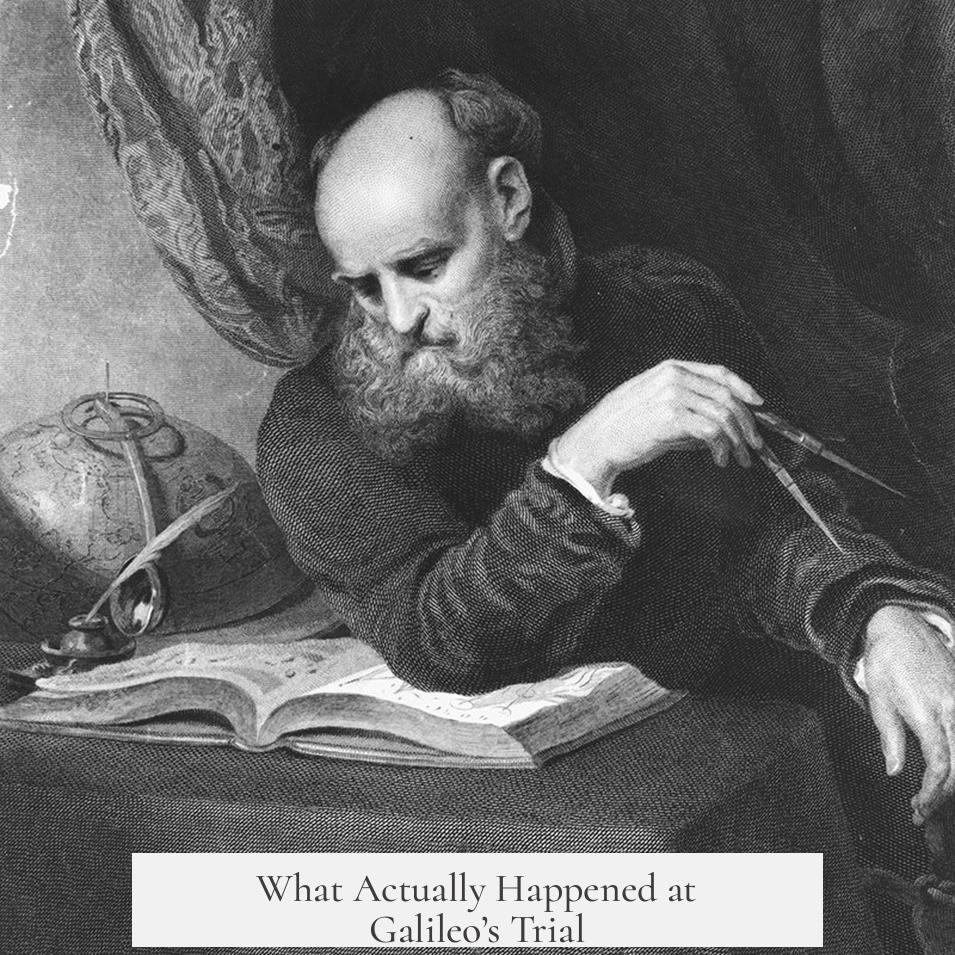
Far from facing execution, the trial resulted in a sentence of house arrest. He was forced to recant his heliocentric views publicly. He spent the remaining nine years of his life isolated but still alive.
In hindsight, being “condemned to house arrest” might feel harsh. But this wasn’t a death sentence by any stretch. Not exactly the end one might expect from those dramatic stories claiming Galileo was “killed” for his beliefs.
Whether or not house arrest suited a man of immense intellect and curiosity is debatable, but he did survive the ordeal.
Why Do These Misconceptions Persist?
Good question! History loves a juicy narrative. The idea of a heroic scientist perishing for a simple truth—that Earth is round—makes for gripping stories. It’s catchy, memorable, and dramatizes the courage of scientific inquiry against ignorance.
Unfortunately, it simplifies reality and muddles what Galileo actually stood for and suffered. This misinformation is often an easy trap for people sorting through mountains of historical data or engaging in casual conversation.
Additionally, the confusion between heliocentrism and Earth’s shape compounds the error. People might hear “Galileo opposed” and “flat Earth” in the same breath without checking their facts. Spoiler alert: there is no historical controversy about Earth being a globe in Galileo’s day.
What Can We Learn From Galileo’s True Story?
- Scientific progress often struggles against prevailing opinions—not always because of ignorance, but sometimes due to politics and social contexts.
- It’s important to verify historical facts rather than fall for simplified or sensational versions.
- Galileo’s courage to question and explore is what should be celebrated—not a misleading ’round Earth martyr’ myth.
- Understanding the real issues—like the clash over heliocentrism—adds nuance and respect for historical figures and their achievements.
Next time someone brings up the idea that Galileo got hammered for daring to say Earth is round, you’ll be ready with the facts. It’s the heliocentric revolution that rattled the cages, not the shape of the planet. And no executions involved, just a stubborn scientist quietly enduring house arrest.
Final Thoughts: How Ridiculous Is the Myth?
Pretty ridiculous. Galileo’s “crime” was complex and tied to the bigger picture of astronomy, theology, and power dynamics, not a simple claim about Earth’s roundness. The facts proudly show us a more interesting and human story than the myth.
Truth has a funny way of being more fascinating than fiction. Galileo reminds us to question, persist, and verify, with a healthy sense of humor about the stories history tells.
“Galileo may not have been killed, but his spirit certainly sparked a revolution.” – History, with a wink.
